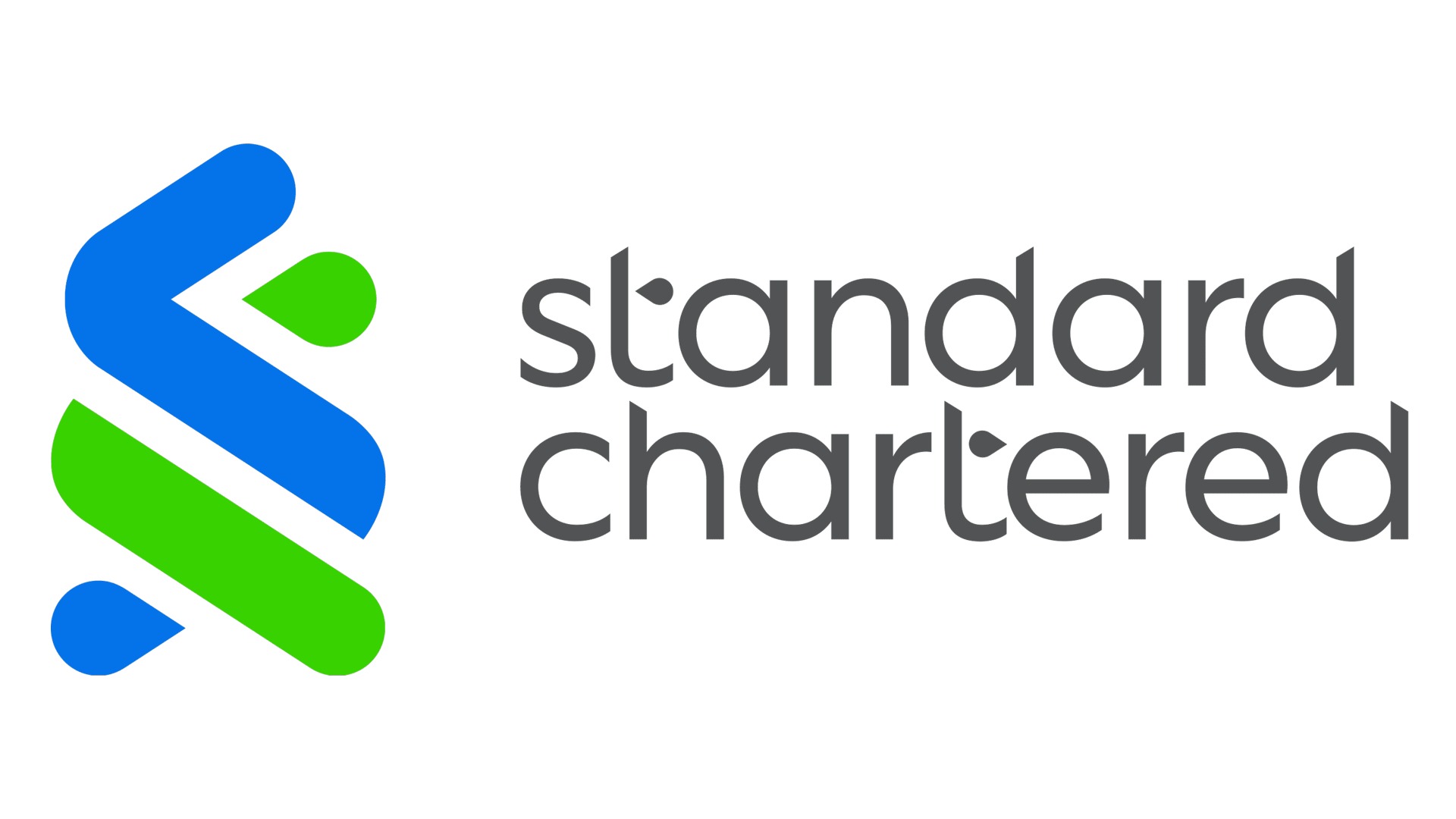Standard Chartered has appointed Andrea Casati as head of client development for its global banking business, the British-based lender announced on Thursday.
Casati, who will be based in Hong Kong, joins from UniCredit where he most recently served as vice chair, advisory and financing solutions. His appointment takes effect on 6 May.
In his new role, Casati will work with product and coverage partners to expand the bank's client base and increase cross-selling of products, a key component of Standard Chartered's strategy to boost fee-based revenue.
With three decades of investment banking experience, Casati has held senior positions in equities sales and trading, equity capital markets and advisory at JP Morgan, UBS and Goldman Sachs across Europe, the US and Asia.
Henrik Raber, global head of global banking at Standard Chartered, said: "Our clients across existing and newer sectors are asking us to support them with an increasingly wider range of cross-border advisory, financing, risk management and transaction services. Andrea's deep experience complements our existing bench strength and client relationships, and is indicative of our commitment to, and success in, bringing in additive talent to help us build out our Banking capabilities."
Casati expressed enthusiasm about his new role, stating: "I am excited to join Standard Chartered and to have the opportunity to work closely with Henrik and the Global Banking Management Team in capturing the opportunities presented by the Bank's extraordinary footprint. I look forward to contributing to the continued success of Standard Chartered by bringing my international experience to an organisation renowned for its unparalleled passion for serving clients."
The appointment comes as Standard Chartered is facing potential shareholder opposition over plans to revamp the remuneration package for its chief executive Bill Winters, which could see him earn up to £13.1 million this year.
The proposed changes, which would cut Winters' salary by 40 per cent but significantly increase his performance-related bonuses and share awards, have drawn criticism from Institutional Shareholder Services (ISS), an influential investor advisory group.
ISS has recommended that investors reject the new policy at the bank's upcoming annual meeting on 8 May, warning that the changes would result in a "material uplift" to the packages for the bank's top two executives without sufficient justification.
Under the plan, Winters' potential total compensation would increase by 57 per cent from £8.3 million under the existing policy, while finance chief Diego De Giorgi could see his package increase by 43 per cent to £7.7 million.
Standard Chartered defended the proposal, stating: "Our proposal rebalances total remuneration from fixed pay towards performance-linked variable remuneration. This reinforces alignment between outperformance, executive director reward and related shareholder returns."
The controversy follows the UK's decision to scrap rules inherited from the European Union that had limited bankers' bonuses to twice their fixed pay.
Latest News
-
Gemini to cut quarter of workforce and exit UK, EU and Australia as crypto slump forces retrenchment
-
Bank ABC’s mobile-only ila bank migrates to core banking platform
-
Visa launches platform to accelerate small business growth in US
-
NatWest to expand Accelerator programme to 50,000 members in 2026
-
BBVA joins European stablecoin coalition
-
eToro partners with Amundi to launch equity portfolio with exposure to ‘megatrends’
Creating value together: Strategic partnerships in the age of GCCs
As Global Capability Centres reshape the financial services landscape, one question stands out: how do leading banks balance in-house innovation with strategic partnerships to drive real transformation?
Data trust in the AI era: Building customer confidence through responsible banking
In the second episode of FStech’s three-part video podcast series sponsored by HCLTech, Sudip Lahiri, Executive Vice President & Head of Financial Services for Europe & UKI at HCLTech examines the critical relationship between data trust, transparency, and responsible AI implementation in financial services.
Banking's GenAI evolution: Beyond the hype, building the future
In the first episode of a three-part video podcast series sponsored by HCLTech, Sudip Lahiri, Executive Vice President & Head of Financial Services for Europe & UKI at HCLTech explores how financial institutions can navigate the transformative potential of Generative AI while building lasting foundations for innovation.
Beyond compliance: Building unshakeable operational resilience in financial services
In today's rapidly evolving financial landscape, operational resilience has become a critical focus for institutions worldwide. As regulatory requirements grow more complex and cyber threats, particularly ransomware, become increasingly sophisticated, financial services providers must adapt and strengthen their defences. The intersection of compliance, technology, and security presents both challenges and opportunities.
© 2019 Perspective Publishing Privacy & Cookies














Recent Stories